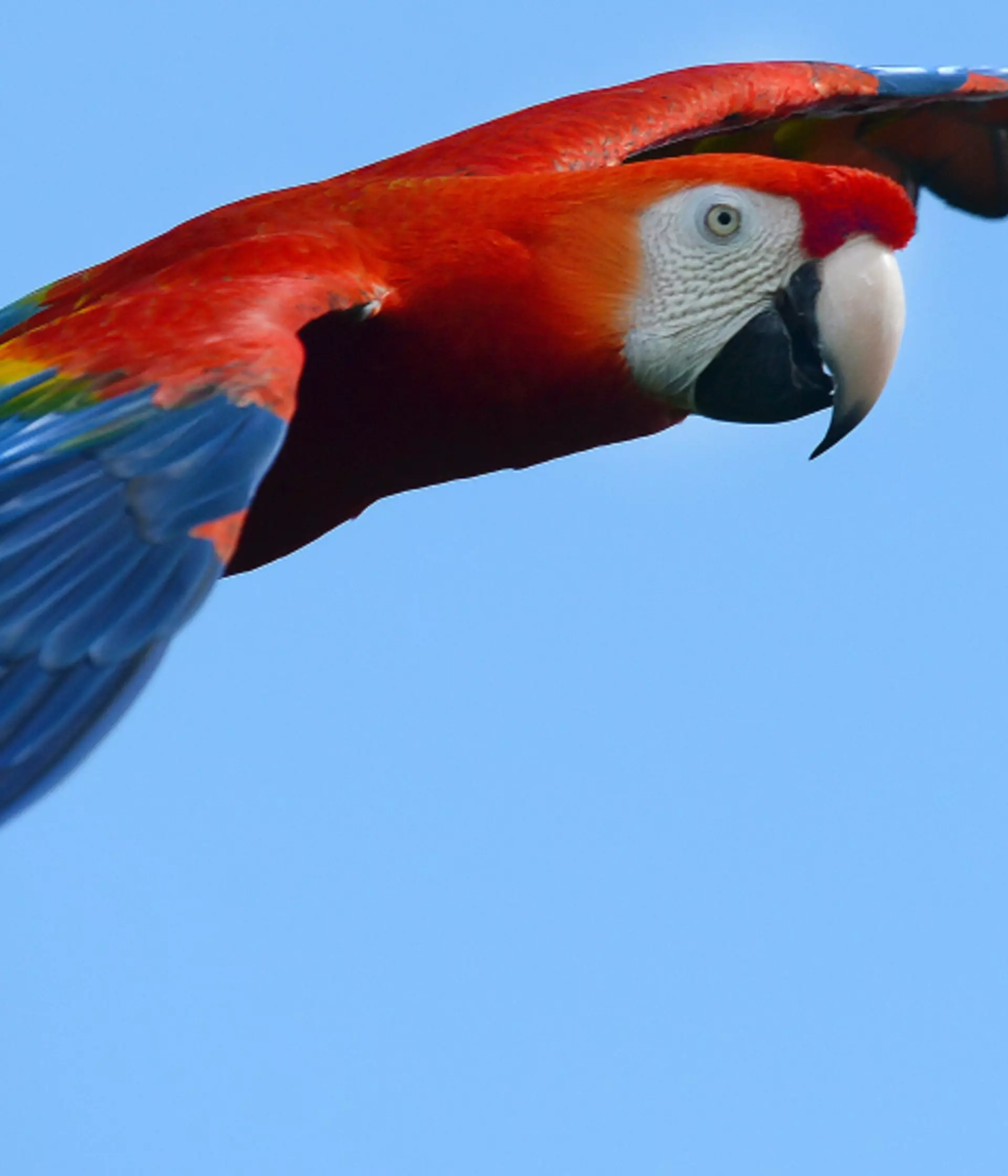Digital outreach from the Zoo
Our Animal Lifecycles digital outreach session is designed to support classroom learning on the life cycles of mammals, amphibians, insects and birds. By using bird species at the Zoo as real life examples, we will discuss the key life processes of these birds and the differences between their life cycle and other animal groups.
This session involves interactive challenges and lots of open-ended questions to help your students develop and demonstrate their understanding of these topics. Pupils are encouraged to work scientifically throughout by using their observations to answer questions. It ends with a Q&A where your students can pose their questions to us!
Age Group: KS2 (7-11 years old)
Duration: 45 minutes
Capacity: 35 students
Cost of session: £45 per class
Where possible we aim to deliver this session from out in the Zoo with one of our flagship species in the background, but this is not guaranteed and is weather dependent.
PLEASE NOTE: We recommend Microsoft Teams as the platform for delivering the Digital Outreach sessions. If you do not use this in your classroom already, other platforms are available to use upon request.
Upon booking you will be sent a set up guide including support for setting up the session, a full session outline, key words glossary and pre- & post-session activity suggestions.
Visiting the Zoo too?
This session can be offered as a standalone session, or can be delivered as a follow up after a Zoo visit. If you book your Zoo visit and digital outreach session at the same time we will provide additional student worksheets for use around the Zoo. An Animal Lifecycles digital outreach session after your Zoo visit is a great opportunity to apply what the students learnt at the Zoo and use their new scientific vocabulary in context by discussing the life cycles of penguins and other animals.
National Curriculum links:
KS2 Science
|
Year 6 Programme of Study Living things & their habitats |
Upper KS2 Programme of Study Working scientifically |
|
Describe the differences in the life cycles of a mammal, an amphibian, an insect and a bird. Describe the life process of reproduction in some plants and animals. |
Reporting and presenting findings from enquiries, including conclusions, causal relationships and explanations of and degree in trust in resule, in oral and written forms such as displays and other presentations. Identifying scientific evidence that has been used to support or refute ideas or arguments.
|
Intended learning outcomes:
Pupils will be able to:
- State the key points during the lifecycle of an animal (born, grow in to adults, reproduce, die)
- Describe the main parts of the life cycle of a penguin
- State key differences in the lifecycle of a penguin compared to a mammal, amphibian and insect
- State at least one threat to penguins, and a way in which they can help
Digital Outreach Technology
We use Teams as the preferred platform for delivering Digital Outreach sessions. If you do not use this in your classroom already, other platforms are available to use upon request.
An essential, free Test Call is also booked at the time of booking the Digital Outreach session. This enables us to ensure the connection works before the actual session takes place. This test call must happen at least one week before the date of the booked session.
Please have the following information to hand before booking a Digital Outreach session:
- Contact email for the teacher
- Direct phone contact for the day in case of connection problems
- A suitable date for your test call to take place (between 15:30 and 16:30 Mon-Fri)
